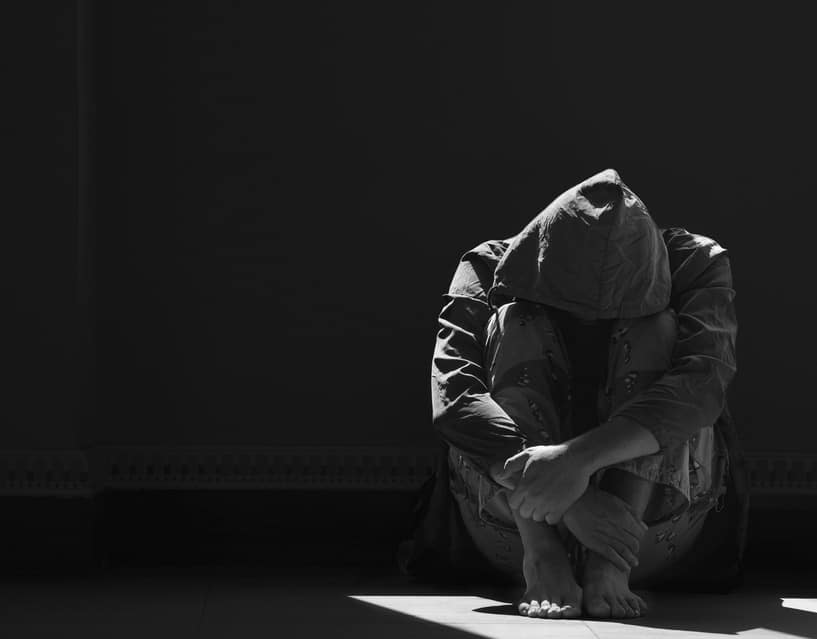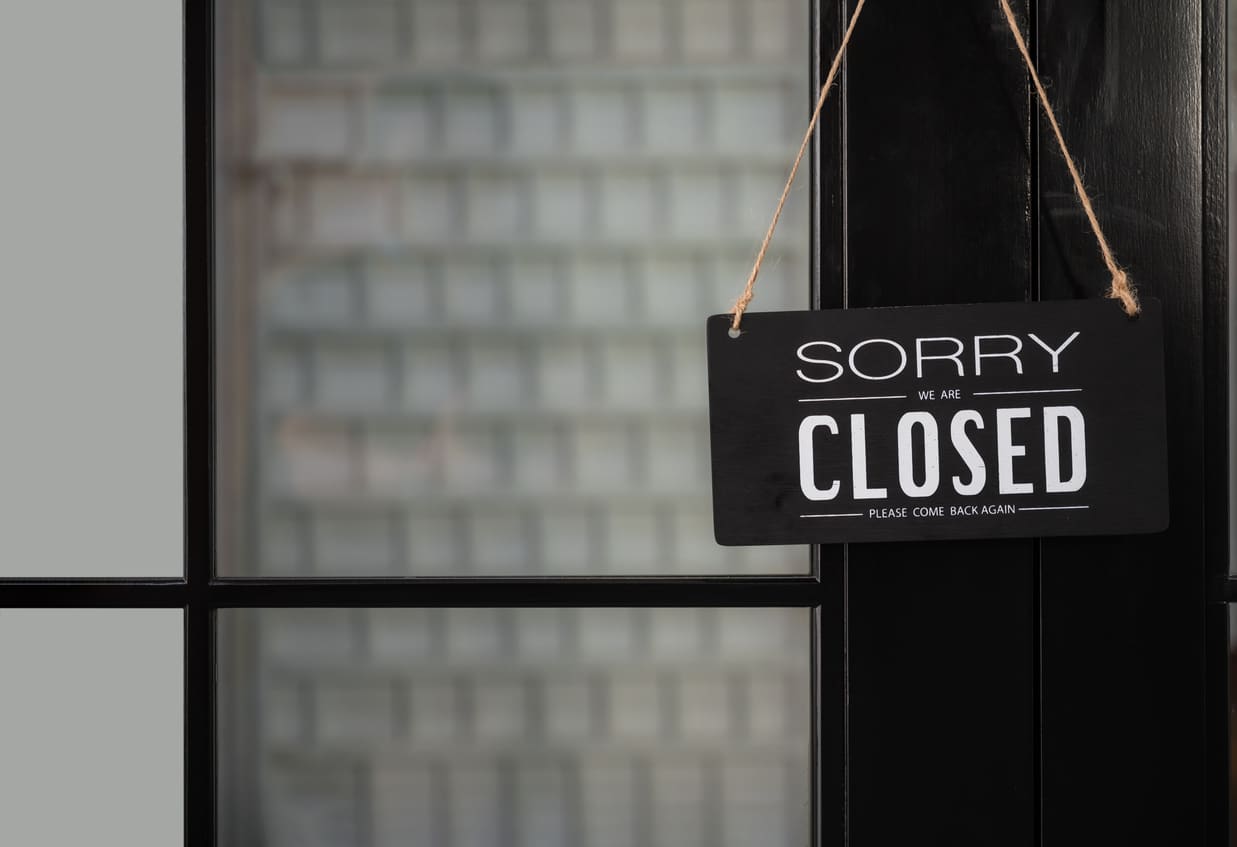We have received a lot of SHU-related complaints lately, the ills of restricted housing have also been aired in Congress and in the news. But these are not new concerns. In 2014, I authored a white paper with “Recommendations for Uniform and Humane Safeguards and Policy Modifications in the Use of Isolation.” It’s somewhat depressing that the issues are still the same; we’ve known the dangers for a long time, and have studied them endlessly.
Yet, in true government fashion, the BOP’s answer is to once again spend taxpayer money for yet more another study, which to date have cost taxpayers millions of dollars. And the recommendations for how to change our archaic isolation practices will once again go unaddressed due to a bigger issue: lack of accountability.
The lack of action has very human consequences. For example, PERA is advocating for a person in custody right now who has been isolated and “under investigation” for over 15 months. Keep in mind, the UN Standard Minimum Rules for the Treatment of Prisoners (Rule 42), also called the Mandela Rules, says that the solitary confinement of prisoners for 22 hours or more a day should be used only as a last resort in exceptional circumstances, and even then for no more than 15 consecutive days.
Most complaints we receive are from individuals confined in U.S. penitentiaries, the highest-security prisons. Anyone trying to advocate for these individuals should be familiar with the Code of Federal Regulations (CFR) provisions on special housing units, which are reflected in BOP policy (PS # 5270). The most overlooked element of this policy is the requirement that individuals placed in the SHU be allowed to participate in person in reviews after the first seven days and then again every 30 days thereafter.
In addition, SHU staff are required to file a number of forms documenting and explaining the detention. The first is the BP-A0308, the Administrative Detention Order, which must be stored in the Inmate Central File within 24 hours and shared with the person involved. If the reason for detention changes, a new order must be filed. In addition, the following records must be kept:
- BP-A0292 Special Housing Unit Record, which tracks the person’s meals, exercise and medical visits.
- BP-A0295 Special Housing Review, which must be completed after the first seven days and then every 30 days thereafter.
Adults in custody who are placed in the SHU have a right to see what has been entered into these forms. However, we are starting to receive complaints that when they ask to see these documents, they are stonewalled. To our knowledge, the BOP has never issued any formal policy guidance on the filing of central file documents specifically for the SHU program. Thus, since general policy dictates that AICs have a right to review their central file records, BOP staff should comply with SHU requests as well. If policy has changed specific to the SHU, the agency should demonstrate transparency and issue a Change Notice. Meanwhile, the agency is certainly not achieving uniform policy application around the country.
The newest BOP “study” is a collaboration between the bureau and the National Institute of Justice (NIJ). I still remember the 2014 analysis by the Center for Naval Analysis. I attended one of the first meetings organized by CNA with high-level administrators from state and local prison systems that had zero BOP experience. It was perplexing to listen to them talk about methodology, illustrating their lack of understanding of how SHU policy is implemented and the “data dump” the BOP had provided to them, which was piled on the center of the meeting room table. Little did they know that before the multitude of documents were provided, the BOP had scoured the SENTRY computer system for people who were languishing in the SHU. Subsequently, facility wardens were given a heads up to “clean up” the SHU population by transferring them and/or returning them to the general population so the eventual CNA report was based on a sanitized population.
And let us not forget the 2016 DOJ report, titled “Report and Recommendations Concerning the Use of Restrictive Housing.” I’m sure there will be a lot of cutting and pasting going on from both reports, while administrators congratulate each other for their work. Maybe they will finally determine that taking a piece of chicken out of the dining hall can result in isolation if a lieutenant is having a bad day! While I’m not holding my breath for changes, let’s hope the next study results in SHU reform in line with the recent rhetoric of Director Colette Peters, who recently said:
“My decades of experience in corrections have made me acutely aware of the harms that restrictive housing may cause to a person’s mental, emotional and physical well-being. Research confirms for us that it is not an effective deterrent, and generally does not reduce institutional-level misconduct or violence. While FBOP has reformed its restrictive housing policies over the years, it is now time to take a deeper dive into our practices and compare them to best practices across this country and around the globe.”



